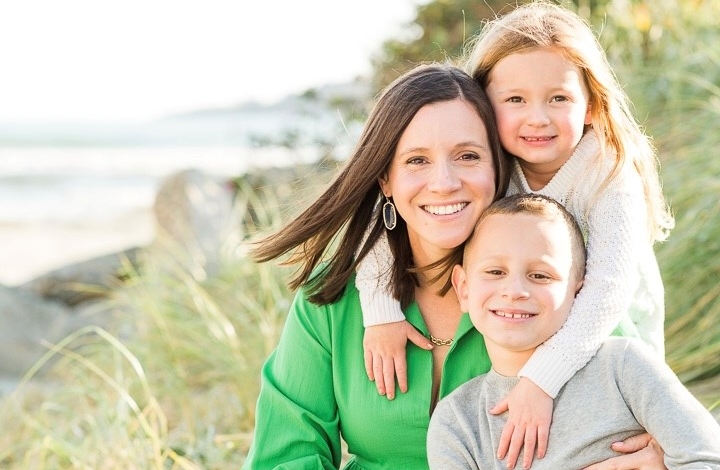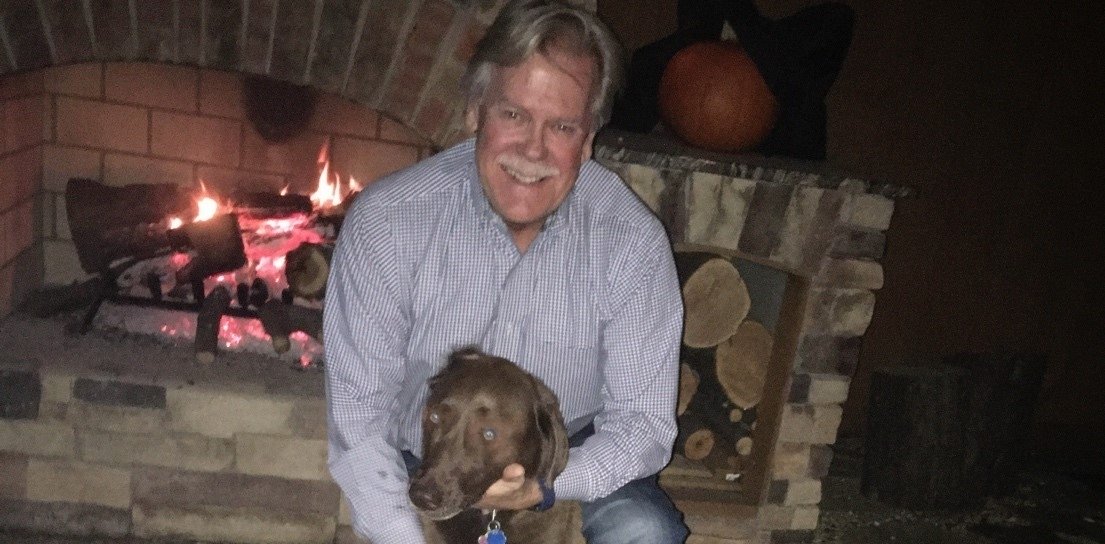- Diseases
- Acoustic Neuroma (14)
- Adrenal Gland Tumor (24)
- Anal Cancer (66)
- Anemia (2)
- Appendix Cancer (16)
- Bile Duct Cancer (28)
- Bladder Cancer (68)
- Brain Metastases (28)
- Brain Tumor (228)
- Breast Cancer (710)
- Breast Implant-Associated Anaplastic Large Cell Lymphoma (2)
- Cancer of Unknown Primary (4)
- Carcinoid Tumor (8)
- Cervical Cancer (154)
- Colon Cancer (164)
- Colorectal Cancer (108)
- Endocrine Tumor (4)
- Esophageal Cancer (42)
- Eye Cancer (36)
- Fallopian Tube Cancer (6)
- Germ Cell Tumor (4)
- Gestational Trophoblastic Disease (2)
- Head and Neck Cancer (4)
- Kidney Cancer (124)
- Leukemia (344)
- Liver Cancer (50)
- Lung Cancer (288)
- Lymphoma (284)
- Mesothelioma (14)
- Metastasis (30)
- Multiple Myeloma (98)
- Myelodysplastic Syndrome (60)
- Myeloproliferative Neoplasm (4)
- Neuroendocrine Tumors (16)
- Oral Cancer (98)
- Ovarian Cancer (172)
- Pancreatic Cancer (166)
- Parathyroid Disease (2)
- Penile Cancer (14)
- Pituitary Tumor (6)
- Prostate Cancer (144)
- Rectal Cancer (58)
- Renal Medullary Carcinoma (6)
- Salivary Gland Cancer (14)
- Sarcoma (234)
- Skin Cancer (294)
- Skull Base Tumors (54)
- Spinal Tumor (12)
- Stomach Cancer (60)
- Testicular Cancer (28)
- Throat Cancer (90)
- Thymoma (6)
- Thyroid Cancer (98)
- Tonsil Cancer (30)
- Uterine Cancer (78)
- Vaginal Cancer (14)
- Vulvar Cancer (18)
- Cancer Topic
- Adolescent and Young Adult Cancer Issues (20)
- Advance Care Planning (10)
- Biostatistics (2)
- Blood Donation (18)
- Bone Health (8)
- COVID-19 (362)
- Cancer Recurrence (120)
- Childhood Cancer Issues (120)
- Clinical Trials (620)
- Complementary Integrative Medicine (22)
- Cytogenetics (2)
- DNA Methylation (4)
- Diagnosis (224)
- Epigenetics (6)
- Fertility (62)
- Follow-up Guidelines (2)
- Health Disparities (14)
- Hereditary Cancer Syndromes (122)
- Immunology (18)
- Li-Fraumeni Syndrome (8)
- Mental Health (116)
- Molecular Diagnostics (8)
- Pain Management (64)
- Palliative Care (8)
- Pathology (10)
- Physical Therapy (18)
- Pregnancy (18)
- Prevention (876)
- Research (384)
- Second Opinion (74)
- Sexuality (16)
- Side Effects (596)
- Sleep Disorders (10)
- Stem Cell Transplantation Cellular Therapy (216)
- Support (404)
- Survivorship (324)
- Symptoms (182)
- Treatment (1762)
Despite setback, breast cancer survivor nears end of treatment
3 minute read | Published June 19, 2017
Medically Reviewed | Last reviewed by an MD Anderson Cancer Center medical professional on June 19, 2017
As Rebecca Stedman has learned firsthand, breast cancer treatment doesn’t always go as planned. That’s why she’s glad that she started her journey with the right mindset.
“Honestly, I felt the Holy Spirit tell me, ‘Don’t run ahead and don’t lag behind -- just say in the moment and take it one step at a time,’” she says.
Rebecca was diagnosed with stage II breast cancer on Aug. 12, 2015, after she discovered a lump on her left breast. She decided to seek help at MD Anderson in The Woodlands because it was near her home in Splendora, Texas.
“I did not want to drive in Houston traffic if I could avoid it. I felt that it would’ve added to my stress level,” she says.
Rebecca’s breast cancer treatment plan
During her first visit to MD Anderson in The Woodlands, she met with breast surgeon Elizabeth FitzSullivan, M.D., and oncologist Jenny Vu Pozadzides, M.D. Together, they developed her treatment plan: surgery, then chemotherapy followed by radiation therapy, and finally breast reconstruction.
“They were very encouraging, and they were very hopeful,” she says.
And they supported Rebecca’s decision to take a family vacation to Disney World® that October.
“That really made me feel like I picked a great team. They really cared for me, for my emotional wellbeing as well as the physical,” she says.
Three days after Rebecca returned from her trip, FitzSullivan performed surgery on her left breast.
“They opened me up like a flower, took the cancer and about 25 lymph nodes out and put me back together with a tissue expander, which preserved that space and kept the skin stretched and supple throughout radiation and chemo until I was ready for my breast reconstruction surgery,” she says.
Treating infection after breast cancer surgery
In December, Rebecca started her five-month-long journey with chemotherapy, but just as she neared the end of it, she developed an infection at the site of her tissue expander.
“Basically what we discovered is that my body was treating the fluid around the tissue expander as a foreign object,” she says.
Radiation oncologist Pamela Schlembach, M.D., said Rebecca couldn’t start radiation therapy under those circumstances. So on May 19, she had another surgery to remove the tissue expander and the skin she’d hoped to preserve.
“I ended up being flat on one side, where all this time I’d looked normal. That in some sense was even harder for me,” she says. “I was looking at myself in the mirror, and I didn’t like the way I looked. I felt I looked like the bride of Frankenstein.”
Completing breast cancer treatment despite setbacks
The surgery set her treatment schedule back by more than month, which amplified her need for emotional support. Her husband’s kind words eventually helped her re-discover her beauty.
“He said that I was the most beautiful thing that he’s ever seen, even with one breast,” she says, tearfully. “He made me feel beautiful through everything, even when I had no eyelashes, no eyebrows.”
In June 2016, Rebecca finally started radiation therapy, which she received five days a week for six weeks. Six months later, she had her initial breast reconstruction surgery, followed by a surgery to make her right breast symmetrical with her new left breast and a separate procedure to create a nipple for her left breast. She’ll have one last procedure – to create a new areola – in June.
“And then I’m done!” she quips.
As she nears the end of her treatment, Rebecca wants patients who are just beginning theirs to know it’s possible to overcome every step, every obstacle and every setback.
“You are a survivor, you’re loved and you are priceless,” she says. “Cancer doesn’t get the last word.”
Request an appointment at MD Anderson online or by calling 1-855-477-0094.
Related Cancerwise Stories

Cancer doesn’t get the last word.
Rebecca Stedman
Survivor





